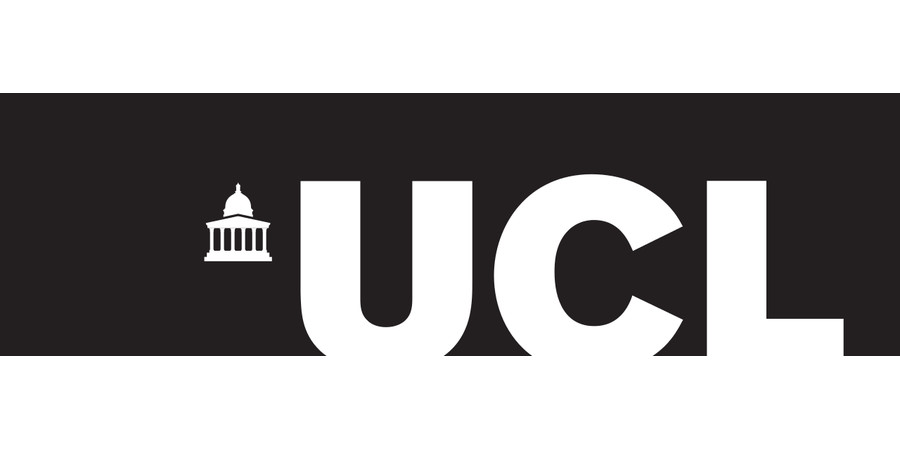Research Assistant (Burns Lab)
UCL - Burns Laboratory
| Location: | London |
|---|---|
| Salary: | £35,930 to £41,255 |
| Hours: | Full Time |
| Contract Type: | Fixed-Term/Contract |
| Placed On: | 24th June 2025 |
|---|---|
| Closes: | 27th July 2025 |
| Job Ref: | B02-08946 |
About us
The Burns Laboratory is focused on Inborn errors of immunity (IEI) - a group of rare inherited diseases that result in immunodeficiency and/or autoimmunity, inflammation and malignancy. Our research group aims to understand the molecular and cellular pathogenesis of these diseases, both to identify new causative genes and to understand how specific genetic mutations or variants of unknown significance impact immune cell function.
For this project, the Burns laboratory is collaborating with Professor Helen Lachmann, a world expert in Systemic Autoinflammatory Diseases (SAID). She leads the diagnostic laboratory service that provides national genetic diagnosis of SAID and a co-located clinical service at the Royal Free Hospital that cares for the largest and broadest cohort of adults and adolescents in the world with these group of diseases.
About the role
This post will work with a team to improve our understanding of and diagnosis for Systemic Autoinflammatory Disorders (SAID), a group of disorders of the innate immune system that cause recurrent attacks of severe inflammation and fever. Wider application of next generation genetic sequencing (NGS) for patients with suspected rare conditions, has accelerated diagnosis for SAID. Accurate genetic diagnosis has improved our understanding of SAID, identifying an expanded range of disease presentations and more complex patterns of genetic inheritance, and importantly has allowed us to identify patients eligible for specific highly effective treatments. Paradoxically, NGS has also made SAID genetic diagnosis more complicated by identifying many variants of unknown significance (VUS) that are not clinically actionable. As a result, patients can be left without a clear diagnosis and management plan.
This project addresses this problem. The postholder will develop a panel of laboratory-based tests of immune cell function focused on SAID genes for which robust functional validation is not currently available in clinical diagnostic laboratories. The postholder will then validate these tests in patients with a variety of SAID confirmed by pathogenic mutations and subsequently test blood samples from patients with suspected SAID who have genetic VUS.
The position is available for 1 year in the first instance.
About you
We are seeking a scientist motivated to work in translational immunology on a project with direct relevance to patients.
Please see the attached job description and person specification for full details. Please also read the attached Candidate Guidance document.
All applications must include a supporting statement, telling us, using examples, how you meet the essential criteria listed in the job description. Applications without a supporting statement will be rejected.
If you have any queries about the role or application process, technical issues, or need reasonable adjustments or a more accessible format to apply for this job online, please contact the staffing team.
The UCL Ways of Working supports colleagues in being successful and happy at UCL by sharing expectations around how we work. Please visit www.ucl.ac.uk/human-resources/policies-advice/ways-working to learn more.
What we offer
As well as the exciting opportunities this role presents, we also offer some great benefits. Please visit https://www.ucl.ac.uk/work-at-ucl/reward-and-benefits to find out more.
Our commitment to Equality, Diversity and Inclusion
As London’s Global University, we know diversity fosters creativity and innovation, and we want our community to represent the diversity of the world’s talent.
Customer advert reference: B02-08946
Advert information
Type / Role:
Subject Area(s):
Location(s):









